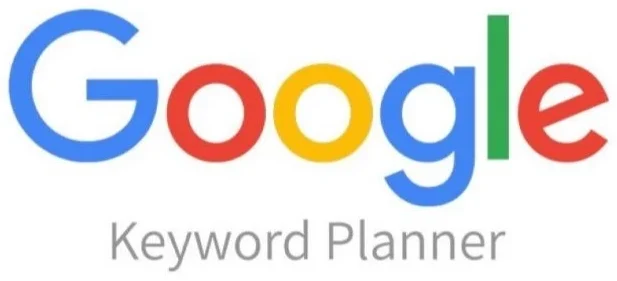Keyword Research
Keyword Research involves discovering and analyzing the search terms your audience is using to find products or services like yours. This process includes evaluating search volume, competition, and relevance to your business.
By choosing the right keywords, you can optimize your website content to meet the needs of your audience and improve your visibility on search engine results pages (SERPs).
Why Keyword Research is Important?
Keyword Research is the cornerstone of a successful SEO strategy. By identifying the words and phrases your target audience uses to search online, you can connect with potential customers, increase website traffic, and drive business growth.

- Improve your Rankings – Selecting high-performing keywords helps your website climb the search engine rankings, making it easier for potential customers to find you. Finding the right keywords involves thorough research and analysis to understand what your target audience is searching for. By incorporating these keywords strategically into your content, you can enhance your visibility and attract more organic traffic to your site.
- Enhance Your Content Strategy – Understanding your audience’s search behavior allows you to create targeted and engaging content. This improves user engagement and boosts your visibility in search engine results. By aligning your content with the specific needs and interests of your audience, you can foster a deeper connection and drive more traffic to your site.
- Boost your Return of Investment (ROI) – Focusing on keywords with high conversion potential ensures your SEO efforts directly contribute to your revenue goals. By strategically targeting these high-converting keywords, you can attract more qualified traffic to your website, ultimately leading to increased sales and profitability. Additionally, regularly analyzing and adjusting your keyword strategy will help you stay ahead of competitors and maximize your return on investment.
How I Work:
Before we boost your rankings, we need to find out what’s slowing you down. A full website audit helps us uncover issues in three key areas:
1. Understanding What Your Customers Are Searching For
Ranking high means nothing if you’re targeting the wrong keywords. We focus on:
Search intent—Making sure the keywords we target match what people are actually looking for.
Relevance—Choosing words and phrases that fit your business and attract the right visitors.
Competition—Finding a balance between high-traffic keywords and those with less competition for better chances of ranking.
2. Spotting Keyword Gaps
If your competitors are ranking higher, they’re likely targeting keywords you’re missing. We analyze
Where you currently rank—identifying strengths and weaknesses in your keyword strategy.
What’s missing—finding untapped and new keywords that can bring in more traffic.
Opportunities to improve—adjusting your content and strategy to target better keywords.
3. Building a Keyword Strategy That Works
Once we have the right keywords, we map out the best way to use them. We focus on:
Primary keywords—The main terms that define your business and drive the most traffic.
Long-tail keywords—More specific searches that bring in highly targeted visitors.
Placement—Using keywords naturally in content, headings, URLs, and meta tags for the best results.
With the right keyword strategy, we ensure your website reaches the right audience and climbs the search engine rankings.
Specific Keyword Research Tips
When targeting an audience in the Philippines, consider these tips to make your keyword research more effective:
Localize Your Keywords: Include location-based keywords to attract local customers, such as “SEO Specialist in Philippines” or “Best SEO Specialist in Cebu City.”
Understand Cultural Nuances: Tailor your keywords to match local preferences and colloquialisms.
Analyze Competitors: Study how other businesses in your industry are using keywords to attract Filipino audiences.
Focus on Mobile Searches: With a high percentage of internet users in the Philippines accessing websites via mobile devices, prioritize keywords that align with mobile search trends.
Here are the tools that I used to do Keyword Research

Known for its extensive keyword database and competitive analysis features, Ahrefs is a must-have for serious SEO professionals.

A comprehensive tool that offers data on keyword performance, competition analysis, and related keyword suggestions

A beginner-friendly tool that offers keyword suggestions, search volume data, and content ideas.

A beginner-friendly tool that offers keyword suggestions, search volume data, and content ideas.
Would you like to start a project with me?
Ready to skyrocket your brand’s success? Hire me for cutting-edge SEO, Social Media, PPC, and more. Make the digital leap and see tangible results.
